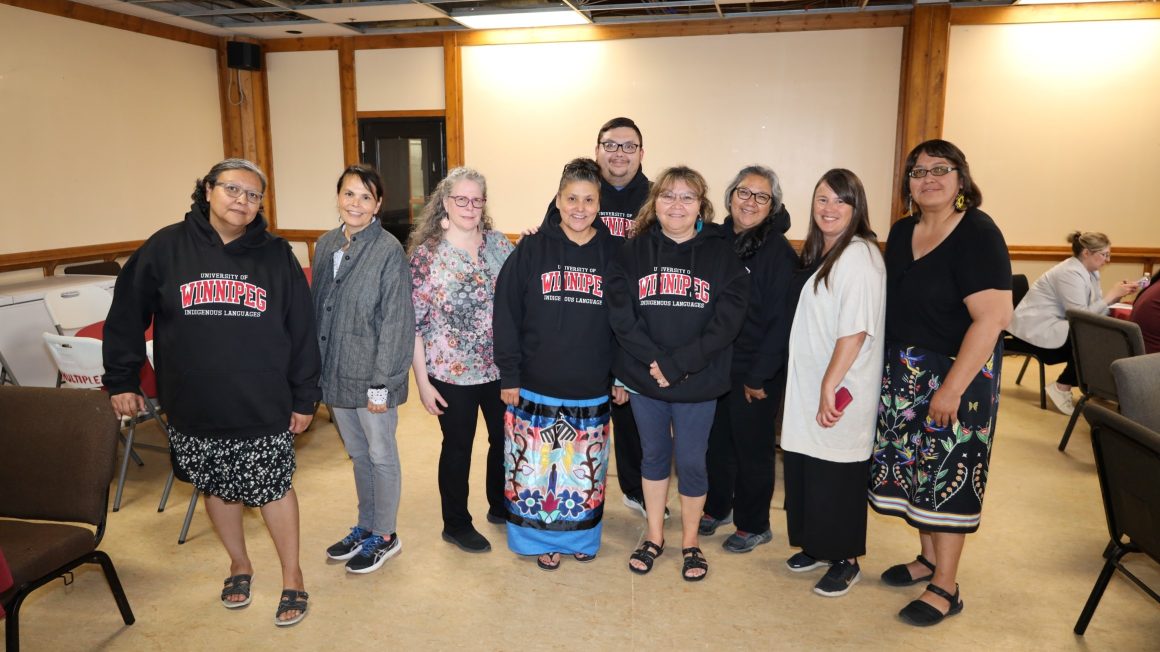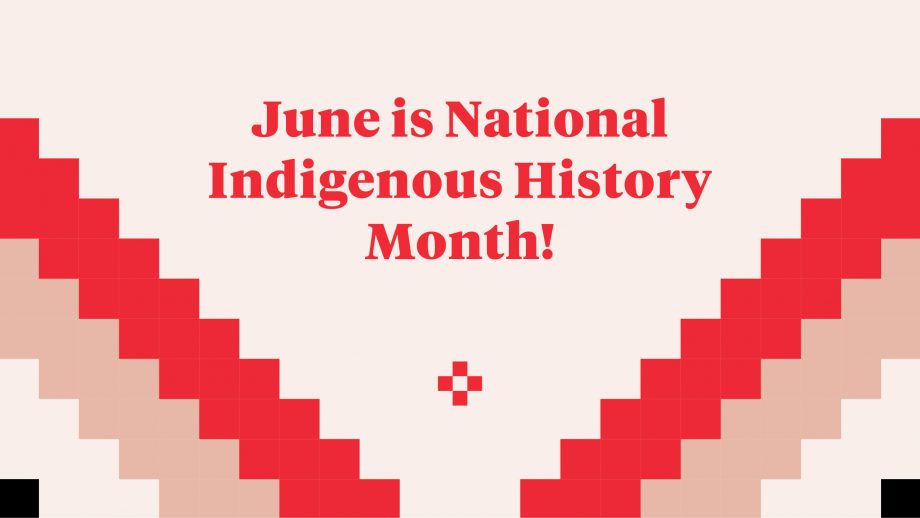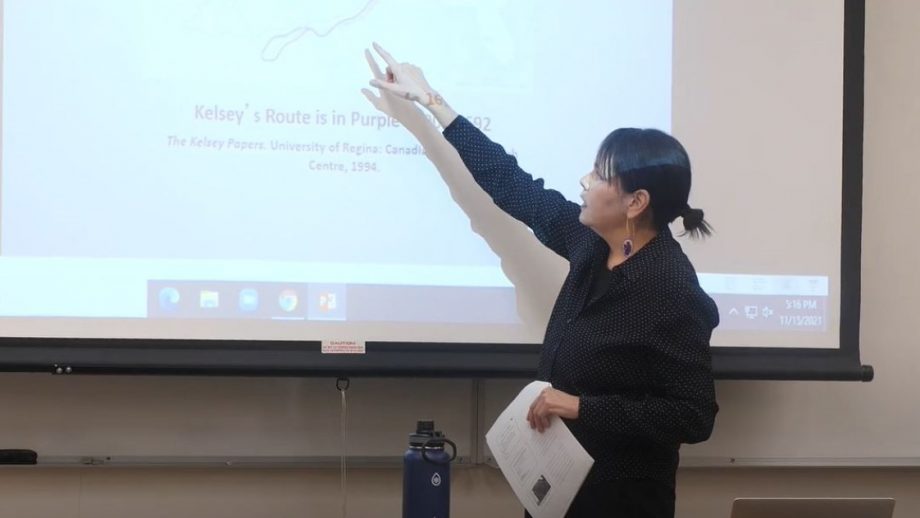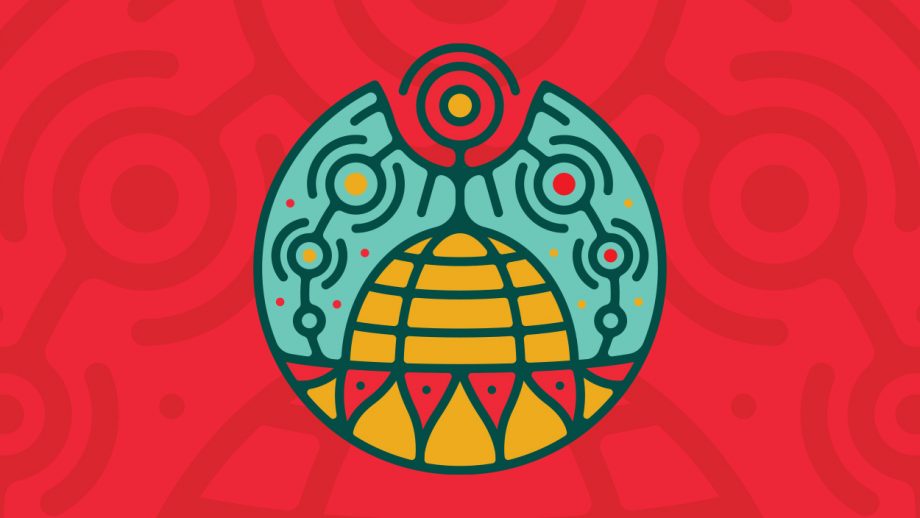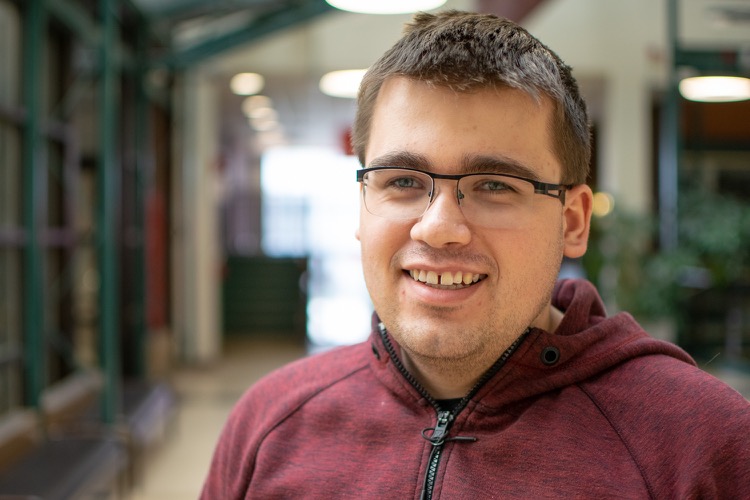A certificate program launched last year by The University of Winnipeg is equipping the next generation of Indigenous languages teachers, who resumed their studies this fall with their sights firmly set on revitalizing languages that carry a world of culture, history and meaning.
Thirteen students comprise the inaugural cohort of the Teaching Indigenous Languages for Vitality (TILV) Certificate, one of three Indigenous language certificates launched last year after a successful pilot in 2021.
These programs increase the visibility and respect given to Indigenous language teachers as a career.
Dr. Shelley Tulloch
“The TILV certificate is designed so that students can ladder into different areas,” explained Dr. Lorena Fontaine, who helped develop Indigenous language programs in her past role as UWinnipeg’s Indigenous Academic Lead. “They can go on to apply to our Bachelor of Arts in Indigenous Languages, or they can apply to an education degree.”
Coursework happens via distance delivery and includes both live interactive learning and independent work.
“Offering this program online allows us to reach communities that we would not normally be able to,” Dr. Fontaine said. “It also allows students to take it from their home community.”
The inaugural cohort includes students based in several different communities. In June, program coordinators and instructors travelled to Norway House to celebrate a group of students there who completed their first year of study. Many students there balance full-time work as educational assistants and teachers alongside their studies. To honour the students, a year-end feast was organized with elders administrators. Students were also gifted UWinnipeg hoodies.
“It allowed us to start fostering a relationship with the community, which I think is important for these programs, because these language revitalization efforts are about our communities,” Dr. Fontaine said.
“We learned from the pilot program that many language teachers up north were working in silos. They don’t have a language centre where they can get curriculum help. They’ve been working in isolation their whole career. This program has allowed for teachers to get to know each other.”
Community partnerships key
Community partners, including Indigenous Languages of Manitoba Inc. and Prairies to Woodlands Indigenous Language Revitalization Circle, are integral to the certificate’s design, as are program consultants like Dr. Anke al-Bataineh.
Frontier School Division, which operates public schools in northern Manitoba, is supporting teachers and educational assistants to take the TILV certificate. Language teachers are released for a portion of their day to receive specific language training during the school year.
“The skills and strategies teachers acquire in their courses are brought back to the classroom the next day,” said Reg Klassen, Superintendent of Frontier School Division. “This strengthens the learning for teachers and their enthusiastic success is not lost on their students.”
The certificate’s 10 courses are taught in English and are applicable to any Indigenous language. Most current students are learning to teach Michif, Cree, or Ojibway. Dr. Fontaine said there is a need to equip teachers of all Indigenous languages in Manitoba.
“We need to grow our own teachers,” she said. “All our languages are endangered. It’s a huge crisis across Canada. And historically, here in Manitoba, Indigenous leaders have asked for a teacher training program, so that teachers could gain methodology and skill.”
“There is no other program anywhere in Canada, or even in the U.S., that trains teachers in culturally responsive, trauma-informed language pedagogy for Indigenous languages,” said Heather Souter, an Assistant Professor who co-developed the TILV program. “We are lucky to have Dr. Anke al-Bataineh, who co-developed the program and has a doctorate in endangered language pedagogy, teaching for us. She is a wonderful ally with a wealth of experience in language teaching and teacher training. At present, there is no one else with her skill set, experience and credentials anywhere.”
The certificate is open to both aspiring and experienced teachers of Indigenous languages. Applicants need only to have an introductory knowledge of the language they wish to teach. Dr. Fontaine said the current cohort is primarily second language learners who desire to teach others a language they didn’t have the opportunity to learn at home.
Dr. Shelley Tulloch, coordinator of the TILV certificate, said students report feeling more connected to their land, culture, and community after learning their Indigenous language.
“These programs increase the visibility and respect given to Indigenous language teachers as a career,” Dr. Tulloch said. “They also provide a foundation for graduate level work in Indigenous languages pedagogies, which is necessary for building a community of Indigenous scholars who can expand the theory and practice of Indigenous language pedagogies across academia and into schools.”
Looking ahead, program staff expect talks between Manitoba Education and UWinnipeg’s Indigenous Languages program and Faculty of Education will culminate in the TILV certificate being recognized as a post-baccalaureate diploma in education. They also wants to see the certificate expand nationwide to accept any current or aspiring Indigenous language teacher in Canada.

